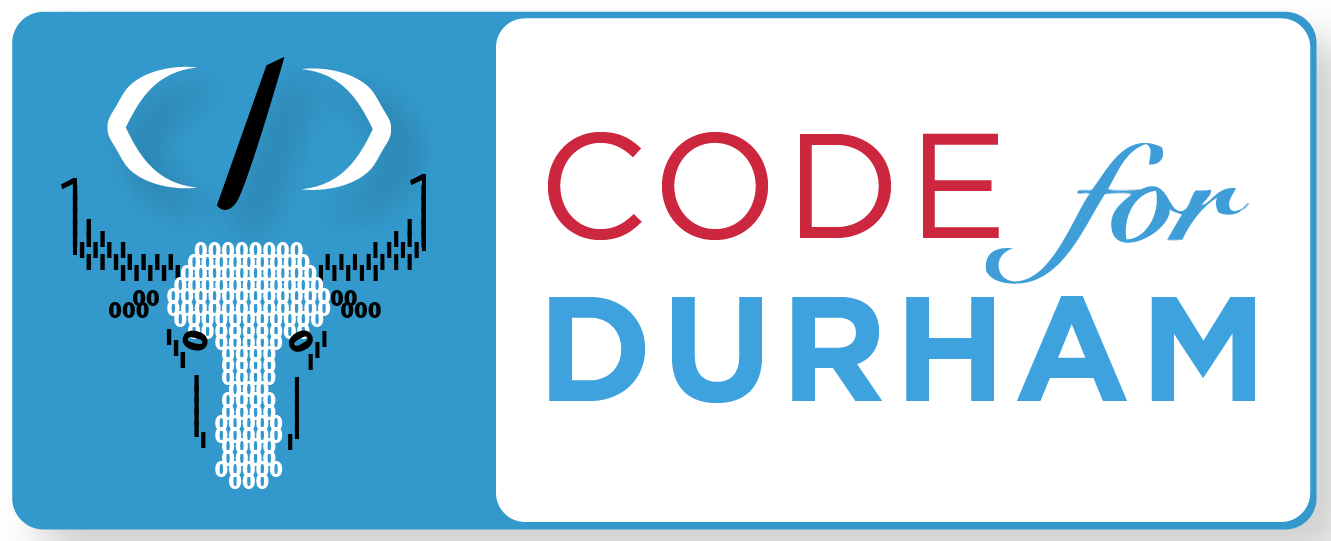The transportation of biological specimens and medical supplies demands the highest level of precision and care. Bio medical courier services are designed to meet these stringent requirements, ensuring that critical medical materials are transported safely and efficiently. These couriers are specially trained to handle biohazardous materials, maintaining the integrity of the specimens and adhering to all regulatory guidelines.
On Board Courier: A Personal Touch for Urgent Deliveries
On board couriers provide a unique and personalized service for urgent and high-value deliveries. These couriers accompany the shipment throughout the entire journey, ensuring its security and timely delivery. Whether it's essential legal documents, critical medical supplies, or time-sensitive business materials, on board couriers offer a reliable solution. They navigate through customs, handle paperwork, and ensure that the package reaches its destination without delay.
Legal Courier Services: Trust and Confidentiality
Legal courier services play a crucial role in the legal industry, where the timely and secure delivery of documents is paramount. These couriers are trusted to handle sensitive and confidential materials, including court filings, contracts, and evidence. They understand the importance of deadlines and the need for confidentiality, providing a secure chain of custody for all documents. With legal courier services, law firms and legal professionals can rest assured that their documents will be delivered accurately and on time.
Medical Courier Services: Specialized Handling and Rapid Delivery
Medical courier services are specialized in transporting medical specimens, pharmaceuticals, and equipment. These couriers are trained to handle a wide range of medical materials, ensuring that they are transported under the right conditions to maintain their efficacy. Medical courier services are equipped with temperature-controlled vehicles and advanced tracking systems, providing real-time updates on the status of the shipment. This level of care and precision is essential in the healthcare industry, where delays or mishandling can have serious consequences.
Next Flight Out Courier: Speed and Reliability
For the most urgent deliveries, next flight out courier services offer the fastest solution. These couriers leverage commercial flights to ensure that packages are delivered as quickly as possible. Whether it's critical medical supplies, important legal documents, or urgent business materials, next flight out couriers provide a reliable and efficient service. They handle all aspects of the delivery, from booking the flight to ensuring the package is on the next available plane. This service is ideal for time-sensitive shipments that require immediate attention.
Integrating Technology for Enhanced Efficiency
The courier industry has embraced technology to enhance efficiency and improve service quality. Advanced tracking systems, real-time updates, and automated workflows have revolutionized the way courier services operate. For bio medical couriers, technology plays a crucial role in maintaining the integrity of specimens and ensuring regulatory compliance. Real-time tracking and temperature monitoring systems provide visibility into the status of the shipment, allowing for proactive management of any issues that may arise.
Regulatory Compliance and Safety Standards
Bio medical and medical courier services must adhere to strict regulatory guidelines to ensure the safety and integrity of the materials they transport. This includes compliance with regulations set by agencies such as the Department of Transportation (DOT) and the International Air Transport Association (IATA). Couriers are trained in the proper handling and packaging of biohazardous materials, and they must follow specific protocols to prevent contamination and ensure safe transport. Adhering to these regulations is essential to protect public health and ensure the successful delivery of medical supplies.
The Importance of Reliability and Trust
In the courier industry, reliability and trust are paramount. Clients rely on courier services to deliver their packages safely and on time, whether it's a life-saving medical specimen or an urgent legal document. Building trust with clients requires a commitment to excellence, transparent communication, and a track record of successful deliveries. For bio medical and medical courier services, this means investing in the right training, equipment, and technology to meet the highest standards of care and efficiency.
The Future of Courier Services
The courier industry is continuously evolving, driven by advancements in technology and changing customer needs. For bio medical, on board, legal, medical, and next flight out courier services, this means staying ahead of the curve and adopting innovative solutions to enhance service quality. From drone deliveries to blockchain for secure tracking, the future of courier services is poised to be more efficient, reliable, and secure. As the demand for specialized courier services continues to grow, providers must remain agile and responsive to meet the evolving needs of their clients.
Conclusion
Bio medical, on board, legal, medical, and next flight out courier services play a crucial role in today's fast-paced world. These specialized couriers ensure the safe and timely delivery of critical materials, from life-saving medical specimens to urgent legal documents. By integrating advanced technology, adhering to regulatory guidelines, and maintaining a commitment to reliability and trust, courier services can continue to meet the high expectations of their clients. As the industry evolves, staying ahead
Legal Courier Services of technological advancements and customer needs will be key to success.

 螺螄粉里為什麼沒有螺螄?
螺螄粉里為什麼沒有螺螄? 為什麼有人會對螺螄粉還會上癮呢?
為什麼有人會對螺螄粉還會上癮呢?